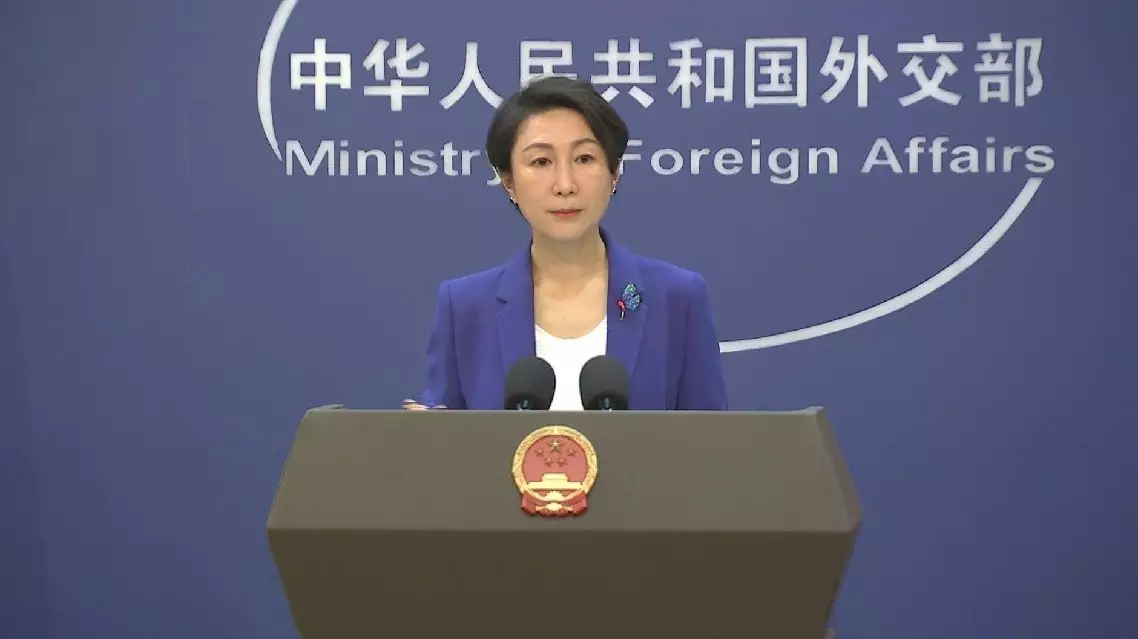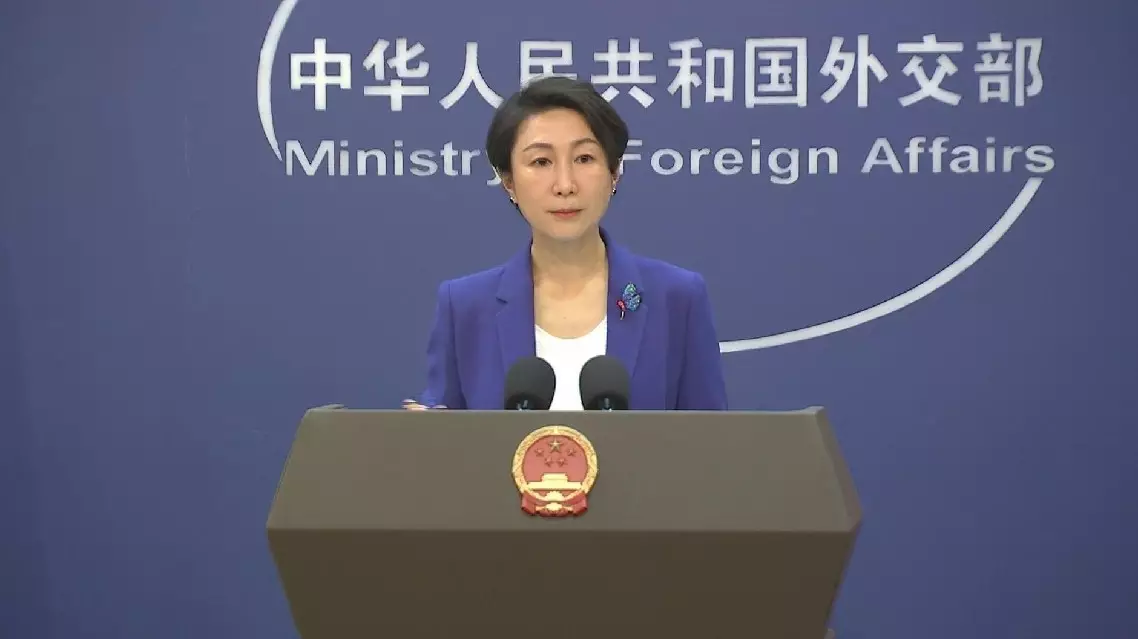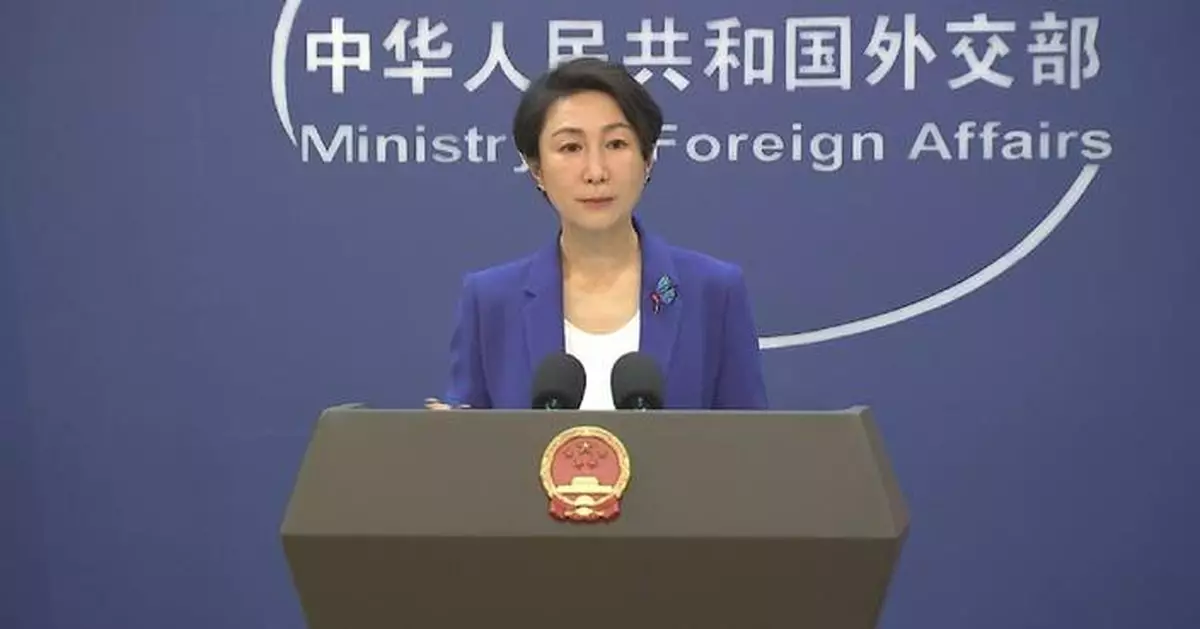China will continue to implement the Regional Comprehensive Economic Partnership (RCEP) to promote shared development and prosperity in the Asia-Pacific region, Foreign Ministry spokeswoman Mao Ning said on Friday. Wednesday marks the third anniversary of the entry into force of the RCEP.
Mao made the comments when asked to spell out the achievements RCEP has made over the past three years.
"The RCEP is the world's largest free trade agreement in terms of population, economic scale and development potential. It has injected strong momentum into Asia-Pacific regional economic integration, created huge market opportunities for its member countries and bolstered international confidence in multilateralism. According to research by the Asian Development Bank, the RCEP is expected to generate 245 billion U.S. dollars in economic growth and create 2.8 million jobs for countries in the region by 2030. As the largest economy in the RCEP, China will continue its high-quality implementation of the RCEP, advancing the quality of free trade in the Asia-Pacific region to achieve shared development and prosperity," said Mao.

China to continue promoting high-quality implementation of RCEP for common prosperity: spokeswoman

China to continue promoting high-quality implementation of RCEP for common prosperity: spokeswoman





















































